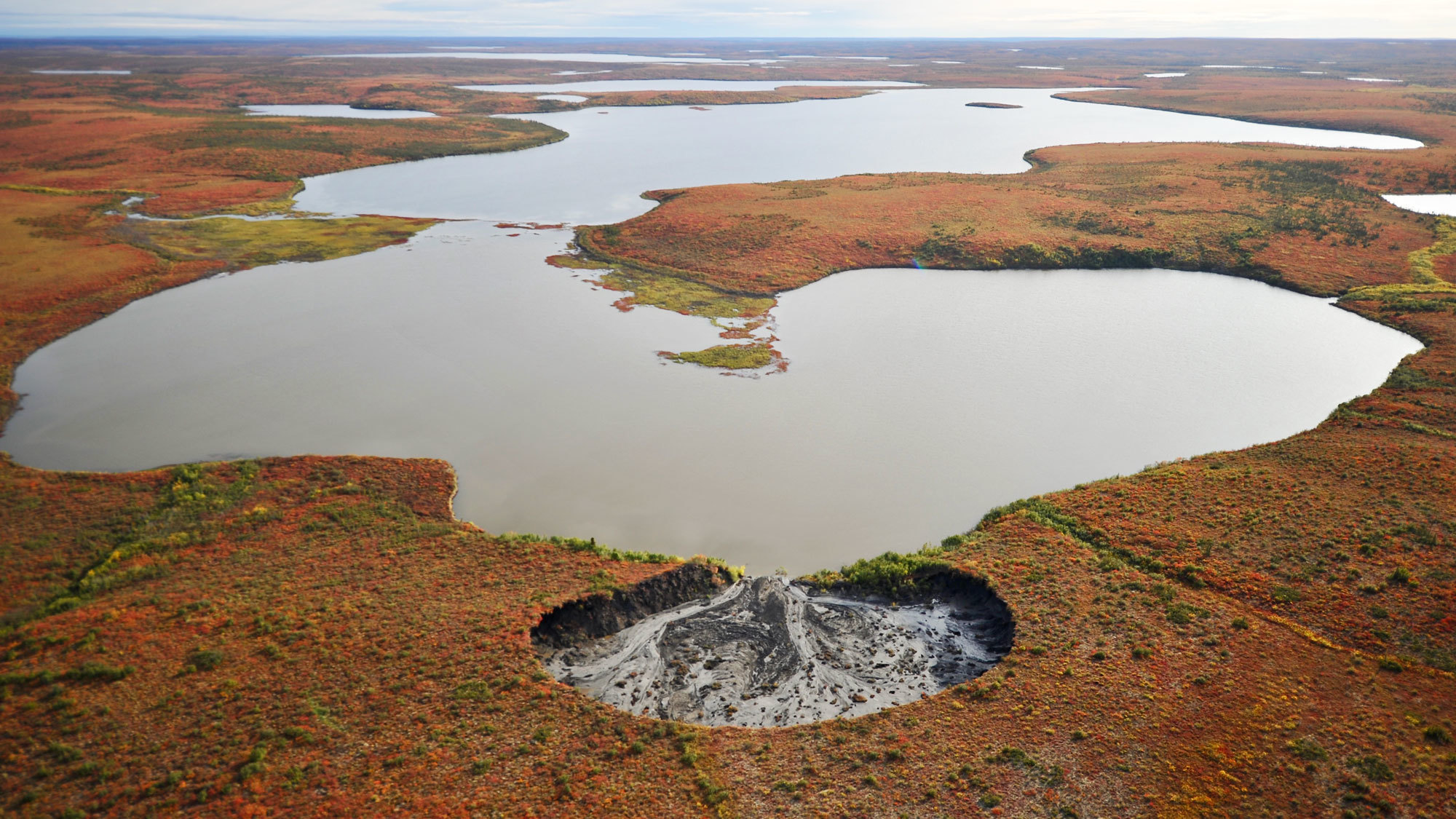My other main point (besides the above evidence of sea level rise): extinctions.
First from our literature:
This is an authorized Web site of Jehovah’s Witnesses. It is a research tool for publications in various languages produced by Jehovah’s Witnesses.

wol.jw.org
"From South Africa to India, coral reefs in the Indian Ocean are in big trouble, says
The Economist. Marine biologists recently made the alarming discovery that “50-95% of the ocean’s coral reefs have died in the past two years.” The reason is coral’s inability to tolerate a sea temperature rise of over 2 to 4 degrees Fahrenheit
[1 to 2 degrees Centigrade] for more than a few weeks. “In 1998, the temperature around the Seychelles was 3°C
[5°F] above seasonal norms for several weeks,” says the report. The researchers believe that this provides “dramatic evidence of global warming.” Coral death cost the Maldive Islands $63 million in 1998/99. Tourists expecting to see beautiful reefs, says
The Economist, “turn away in dismay from piles of unsightly grey rubble.” Olof Linden, the coeditor of the report, stated that “a large part of the most diverse ecosystem on the planet has simply tipped over.” Because coral reefs are important marine nurseries, this disaster also bodes ill for coastal populations that depend on fishing."
Is this true? From a science journal [remember my interest in science]:
Overheated More than 60 per cent of coral in reefs in the Maldives has been hit by bleaching as the world is gripped by record temperatures in 2016. Bleaching happens when algae that lives in the coral is expelled due to stress caused by extreme and sustained changes in temperatures, turning the...

www.newscientist.com
Excerpts:
"More than 60 per cent of coral in reefs in the Maldives has been hit by bleaching as the world is gripped by record temperatures in 2016.
Bleaching happens when algae that lives in the coral is expelled due to stress caused by extreme and sustained changes in temperatures, turning the coral white and putting it at risk of dying if conditions do not return to normal.
Unusually warm ocean temperatures due to climate change and
a strong El Niño phenomenon that pushes up temperatures further have led to coral reefs worldwide being affected in
a global bleaching event over the past two years.
Preliminary results of a survey in May this year found all the reefs looked at in the Maldives, in the Indian Ocean, were affected by high sea surface temperatures."
"
Around 60 per cent of all assessed coral colonies, and up to 90 per cent in some areas, were bleached.
The study was conducted by the Maldives Marine Research Centre and the Environmental Protection Agency, in partnership with the International Union for Conservation of Nature (IUCN).
It took place on Alifu Alifu Atholhu – North Ari Atoll – chosen as a representative atoll of the Maldives.
“Bleaching events are becoming more frequent and more severe due to global climate change,” said Ameer Abdulla, research team leader and senior adviser to the IUCN on marine biodiversity and conservation science.
“Our survey was undertaken at the height of the 2016 event and preliminary findings of the extent of the bleaching are alarming, with initial coral mortality already observed.
“We are expecting this mortality to increase if bleached corals are unable to recover.”
"The Maldives contains around 3 per cent of the world’s coral reefs and the islands are considered particularly at risk of climate change because they are
low-lying and threatened by sea level rises.
In Australia, more than a
fifth of the Great Barrier Reef is estimated to have died as a result of the worst mass bleaching event in history. In Kiribati in the Pacific, as much as 80 per cent of the coral is dead."





